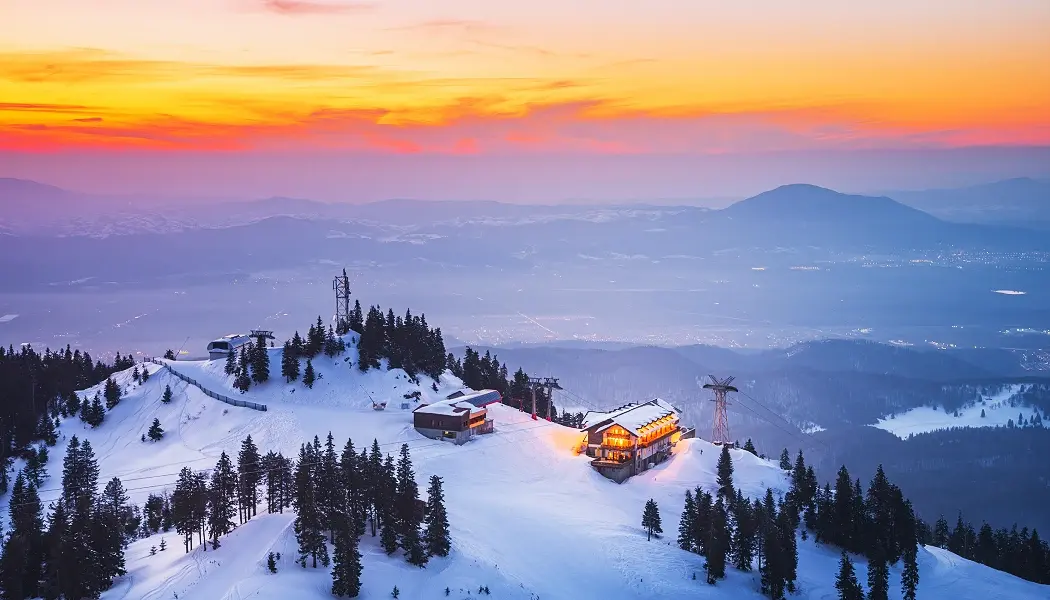

Romania captivates visitors with its dramatic landscapes spanning from the Carpathian Mountains to the Black Sea coast. This Eastern European gem boasts medieval towns, fortified churches, and legendary castles including Dracula's Bran Castle. With rich folklore, vibrant traditions, and warm hospitality, Romania offers an authentic cultural experience alongside natural wonders like the Danube Delta biosphere.
Romania's heritage shines through its UNESCO sites, medieval architecture, colorful folk traditions, and authentic village life preserved for centuries.
Savor hearty Romanian cuisine featuring mămăligă (polenta), sarmale (cabbage rolls), mici (grilled minced meat rolls), and delicious local wines and țuică (plum brandy).
Explore traditional handicraft markets for hand-painted ceramics, embroidered textiles, wooden carvings, and authentic Romanian folk art.
Experience vibrant folk festivals, classical performances in historic venues, and the emerging nightlife scenes of Bucharest and Cluj-Napoca.
Indulge in Romania's historic thermal spas, salt mines with therapeutic properties, and tranquil mountain retreats offering natural rejuvenation.
Discover hiking in the Carpathians, wildlife watching in primeval forests, skiing in Poiana Brașov, and exploring Europe's most extensive cave systems.
Modern airports connect major cities, while improved road networks and train services make exploring Romania's diverse regions increasingly accessible.

Where ancient castles perch dramatically on mist-shrouded peaks, Where traditional villages preserve Europe's authentic pastoral heritage, Where warm hospitality and untamed wilderness create unforgettable memories.
Things to Do
Explore medieval towns, hike through pristine forests, visit Dracula's castle, and experience traditional Romanian village life.
Secure accommodations in advance during summer and check visa requirements as Romania is part of the EU but not the Schengen Area.
Pack layers for variable mountain weather, comfortable walking shoes, and modest clothing for monastery visits.
Negotiate taxi fares beforehand, validate public transport tickets immediately, and carry small denomination lei for rural areas.
The Romanian Leu (RON) is the official currency; major credit cards work in cities, but always carry cash for rural areas and small establishments.
Use intercity trains for longer journeys, consider car rentals for countryside exploration, and utilize reliable ride-sharing apps in major cities.
Remove shoes when entering homes, bring small gifts when invited by locals, and dress modestly when visiting religious sites.
Embrace the hearty local cuisine, try house wines at traditional restaurants, and expect leisurely meal service as dining is a social experience.
Tap water is generally safe in cities but not rural areas; beware of aggressive stray dogs in some regions.
English is widely spoken in tourist areas and among younger Romanians; learning basic Romanian phrases is appreciated.
Expect excellent value compared to Western Europe, with budget options from €20-30, mid-range €40-60, and luxury from €100.
Book guided tours for Transylvanian castles, participate in traditional craft workshops, and attend local festivals to experience authentic Romanian culture.
Purchase directly from artisans in rural areas for authentic handicrafts; haggle politely at markets but not in established shops.
Visit during local festivals like Mărțișor (spring) or Christmas markets for an immersive cultural experience unique to Romania.

Where time stands still in centuries-old villages nestled among rolling hills, Where medieval towers and cobblestone streets whisper tales of ancient legends, Where the Carpathian wilderness harbors Europe's largest populations of bears and wolves.


